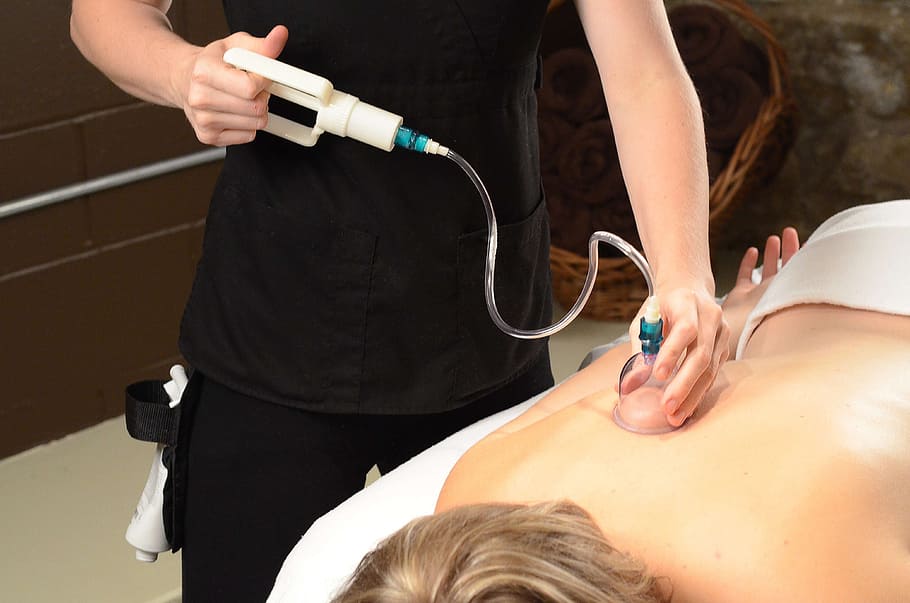Allergies, characterized by the body’s hypersensitive immune response to substances that are typically harmless, can range from mild irritations to severe and life-threatening reactions. While many allergic reactions are managed through avoidance and medication, some individuals with severe allergies may find relief through infusion therapy. In this article, we delve into the world of infusion therapy for allergies, providing insights into what you need to know.
Understanding Allergies and Their Impact:
Allergies can manifest in various ways, affecting the skin, respiratory system, gastrointestinal tract, and more. Common allergens include pollen, animal dander, certain foods, insect stings, and medications vitamin C injections. Allergic reactions can range from mild symptoms like sneezing, itching, and hives to severe reactions such as anaphylaxis, which can be life-threatening.
Infusion Therapy for Allergies:
Infusion therapy, a treatment method involving the intravenous administration of fluids, medications, or other substances directly into the bloodstream, has found applications in managing severe allergies. In particular, it can be considered for individuals with allergies that are not effectively controlled by traditional oral medications or other treatments.
Conditions Requiring Infusion Therapy for Allergies:
- Severe Allergic Asthma: For individuals with severe allergic asthma, which is triggered by allergens such as pollen or pet dander, infusion therapy may provide an alternative treatment avenue.
- Chronic Urticaria (Hives): Chronic urticaria is characterized by persistent hives that can last for months or even years. In some cases, infusion therapy can help manage the symptoms.
Infusion Therapy Approaches for Allergies:
- Immunoglobulin (Ig) Therapy: Immunoglobulins, also known as antibodies, play a vital role in the immune system’s response to allergens. Infusion therapy involving the administration of immunoglobulins can help modify the immune response to allergens, potentially reducing the severity of allergic reactions.
- Biologic Medications: Some biologic medications, typically used in the treatment of conditions like allergic asthma, can be administered through infusion therapy. These medications target specific components of the immune system responsible for allergic reactions.
What You Need to Know:
- Consultation with an Allergist: If you’re considering infusion therapy for allergies, consult an allergist or immunologist. They will assess your medical history, conduct tests, and determine whether infusion therapy is a suitable option for your specific condition.
- Customized Treatment Plan: Infusion therapy for allergies is personalized based on the type of allergy, its severity, and the individual’s response to treatment. The allergist will develop a treatment plan tailored to your needs.
- Clinical Setting: Infusion therapy for allergies is administered in a clinical setting, such as a hospital or infusion center, under the supervision of trained medical professionals.
- Duration of Sessions: The length of infusion therapy sessions can vary based on the specific medication and treatment plan. Some sessions may be relatively short, while others might require several hours.
- Monitoring and Safety: During infusion therapy sessions, healthcare providers closely monitor the patient’s vital signs and overall condition to ensure safety and effectiveness.
- Potential Side Effects: While infusion therapy is generally well-tolerated, there can be potential side effects. These may include mild reactions such as headache, fatigue, or fever. Severe allergic reactions are rare but possible.
- Collaboration with Healthcare Professionals: Infusion therapy is usually one component of a comprehensive treatment plan. Collaborate closely with your healthcare team to ensure that your overall allergy management strategy is well-coordinated.
Benefits of Infusion Therapy for Allergies:
- Targeted Treatment: Infusion therapy delivers medications directly into the bloodstream, allowing them to reach their intended targets more quickly and effectively.
- Longer-Lasting Effects: Some infusion therapy treatments may provide longer-lasting relief compared to traditional oral medications.
- Personalized Approach: Each patient’s infusion therapy plan is customized based on their specific allergy type, severity, and response to treatment.
Conclusion
Infusion therapy for allergies offers a potential avenue for individuals with severe allergies that are not effectively managed by traditional treatments. If you or a loved one is considering infusion therapy for allergies, consulting with an allergist or immunologist is essential. They will assess your condition, recommend appropriate treatment options, and guide you through the process. Remember that managing allergies is a multifaceted approach that may involve a combination of avoidance strategies, medications, and infusion therapy to ensure your safety, comfort, and well-being.

